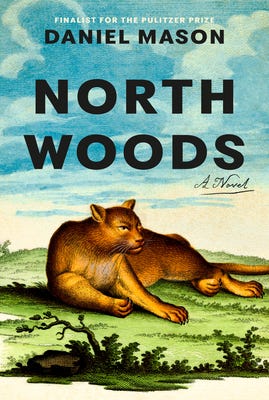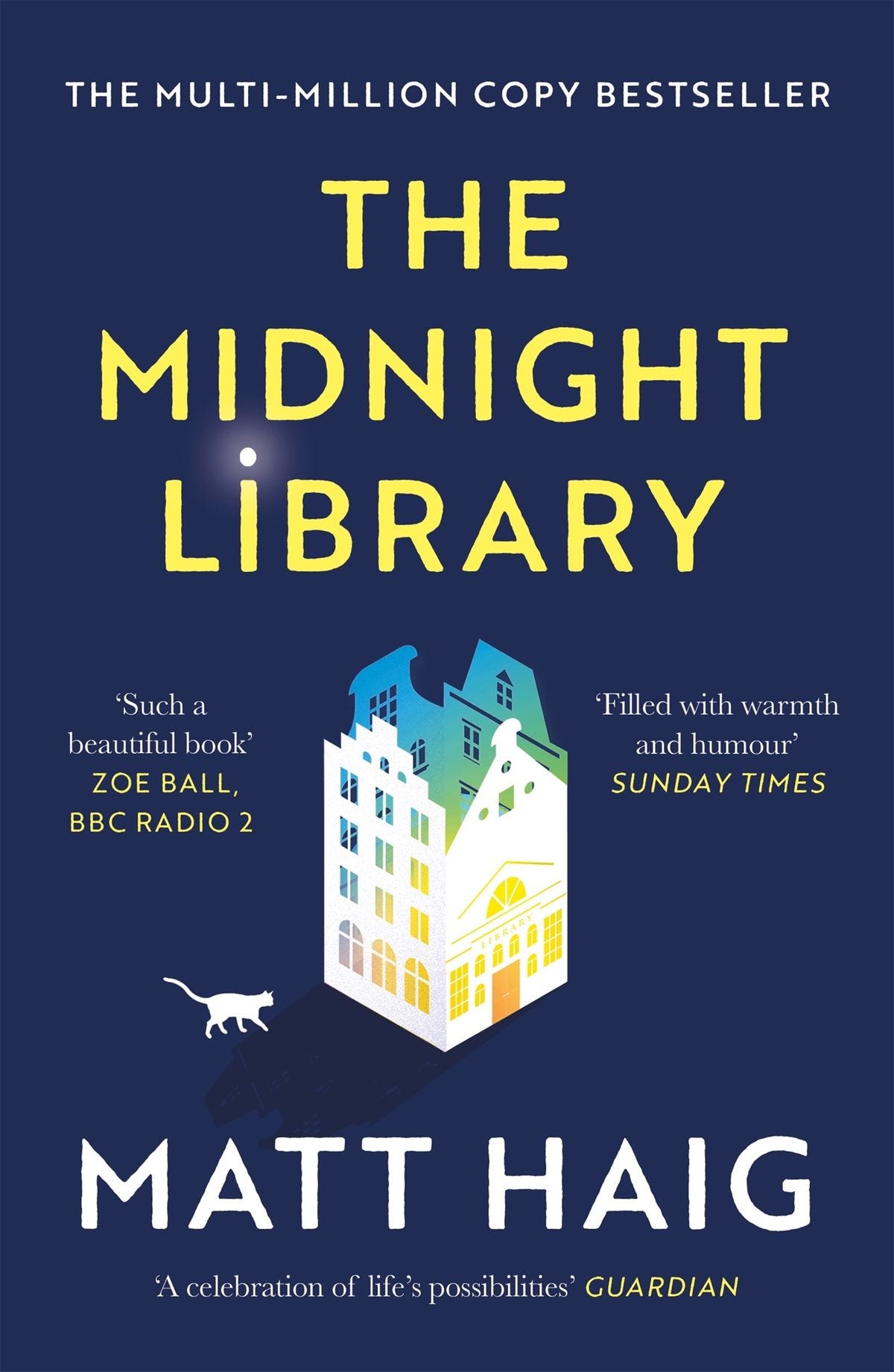
Welcome to Flight 015 (March 2025)! This month tips on how to make sure the conditions around a presentation will help you deliver your message well. With essay writing we have come to the conclusion. Probably the final “5-minutes on” (see below) discusses illegal dumping by criminals and the advanced grammar deals with modals. One study guide summarises doing presentations and the other helps students to remember novels.
The BBC has decided to make their wonderful service BBC Sounds only available in the UK from the beginning of this Spring. There will be a stripped down alternative version of BBC Sounds available for people outside the UK. I fear that the “5-minutes on” programme will not be available anymore. This is unfortunate because the programme is a wonderful way to explore the English language on wide variety of topics with multiple dialects and accents. I will keep an eye out for Flight 016 (April), but I fear the worst.
This means only one “5-minutes on” assignment is available this month. I already have a back up idea with a different programme that should still be available but that requires some time to prepare.
We are approaching our first anniversary! In about two months we have gone full circle. That means thinking about the future. Is there anything you would like to see as learning material? Let me know in the comments!
For now, enjoy the content and I see you next month.
Flight 015
Flight 015 is now available for download. You can download the complete Flight 015 here (zip-file in Dropbox):
Flight 014 will still be available for a month.
Flight 015: Contents
Study Guide 023: doing presentations
Study Guide 024: how to remember a novel
4 OWL assignments
Advanced Grammar 010: modals
Idioms 010: geography
Phrasal Verb 010: CUT
Word Formation 010: SAFE
Listening 023: 5 Minutes On - “How criminal gangs are 'ruining' the environment”
Speaking - Cooperation 010: work
Speaking - Individual Long Turn 010: animals
Speaking - Pronunciation 010: /ŋ/
Speaking - Presentations 10: conditions
Essay Writing 07: conclusion
LEGO me this, LEGO me that

This is a speaking assignment in which students build with LEGO. It can be done for any level, but probably works best for CEFR A2 when practising the imperative.
Material
8 sets of 2 plastics bags with identical LEGO pieces in each
books to form a barrier
construction manual papers (for the follow up)
set up
groups of four; a barrier is placed in the middle
play around
In pairs students play around with their LEGO pieces.
Get started
Pair B breaks up their structure. Pair A instructs Pair B to make structure A. They may only use words and must use the imperative. No gestures. When finished compare the structures.
Switch
Pair B now instructs Pair A how to build structure B.
Follow up
Students write down the instructions how to make their structure. They leave the instructions on their desk and move to another desk. Each pair tries to build the corresponding structure from the manual.
As a teacher you walk around and make sure students keep to the rule (no gestures, use the imperative).
If you are a paid subscriber I have the instructions and construction manual in .docx and .pdf.
Reading
More than words by John Warner
★★★★☆
"Rather than seeing ChatGPT as a threat that will destroy things of value, we should be viewing it as an opportunity to reconsider exactly what we value and why we value those things."
More than Words goes the beyond the instrument of AI. It explores what human writing makes it human what problems AI content has. It is critical yet not pessimistic. It focuses on writing as a thinking process, and how valuable this is.
As a teacher this book helped keeping focus on my primary task: making students more critical, more knowledgeable, and more independent. I highly recommend it to teachers in any field and other people to get a better understanding of the value of reading and writing not supported by AI.
North Woods by Daniel Mason
★★★★☆
I think I started this novel on the wrong footing. I thought it would be a novel celebrating nature through the man-made ages; a cabin in the woods receiving guests through time. Perhaps a bit like the "Time Passes" chapter in Virginia Woolf's To the Lighthouse. But it is more surreal than that.
I am not sure if it would change anything if the blurb would be clearer that this is actually a ghost story placing the cabin in the back seat (which would be logical from a human perspective). It is an interesting weave of stories about people with a lot of misunderstandings and death.
I am not a huge fan of ghost stories, but Mason does a good job of mingling the metaphysical with the real and the ending of the book worked better than I would have expected.
All in all, it is a well-written novel. It is a homage to nature, seclusion and history.
Student Read of the Month
The Student Read of the Month is The Midnight Library by Matt Haig. It resonates well with teenagers because it explores the idea of a perfect life, social expectations, and the impossibility of that. The language is accessible and the book has a good pace.
In The Midnight Library, Nora Seed discovers a magical library between life and death, allowing her to explore alternate lives in search of happiness. The novel explores themes of regret, second chances, and the significance of embracing the present moment, offering a moving exploration of the human experience.
Author: Matt Haig
Year of publication: 2020
Pages: 300
CEFR: B2
Plot Complexity: moderate
Language Complexity: moderate
Ideas Complexity: moderate
You can find more novel ideas at www.rookreading.com.
Book News (Ben Reads Good)
Book news by Ben. Your February update on anything about books.
Poem of the Month
I read this poem some time ago, "The Broken Ground" by Wendell Berry, and what I liked about this poem is how the movement of an opening seed is presented. The body of stem coming out of the body of the husk (or is the body the ground?). It yields, which hints at something that was held during winter. There is fruit (a potential later phase of the bud).
The final lines are quite enigmatic. The seed is what was, the potential of the seed ('what could have been'). What we are left with is the plant that came from possibility. The thing that now is..
The Broken Ground
by Wendell Berry
The opening out and out,
body yielding body:
the breaking
through which the new
comes, perching
above its shadow
on the piling up
darkened broken
old husks of itself:
bud opening to flower
opening to fruit opening
to the sweet marrow
of the seed
— taken from
what was, from
what could have been.
What is left
is what is.
LEGO me this, LEGO me that material
You can download the LEGO me This, LEGO me That material here.
The .zip file has
The instruction in Word and pdf.
The construction manual for students
The font used in the manual
If you will need the “Lego Blocks” font, it can be downloaded for free from FontSpace (open the downloaded .zip file and double-click on the .ttf file). Choose install.
Password: Claw3030





